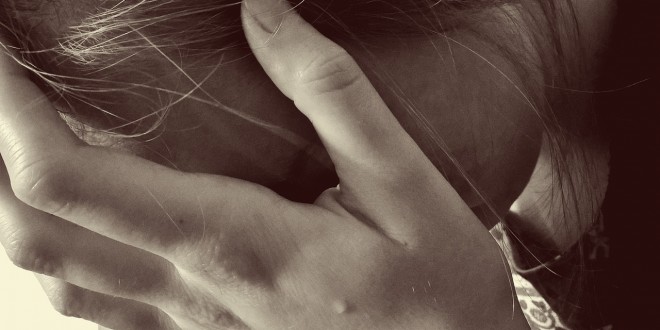When someone you love has a problem with alcohol or drugs, it is painful to watch them go down the slippery slope of substance abuse. You want to help by taking them to their GP or a rehab center like Arista Recovery to get them over their addiction. You want your loved one back. But it’s difficult to help someone who may not be thinking clearly or is having trouble seeing their problem. Unfortunately, they may only get help when they are either forced to or when something bad happens like illness, accident, or legal issues. But, you still try. The fact is, those who are dealing with addiction will either wake up and get help, stop on their own or will eventually suffer horrible consequences for their lifestyle.
Just so you know, that “forcing” thing isn’t usually effective. You might even alienate them through your attempts, which could leave them even more alone and without support. So, what can you do? Friends and family may, with good intentions, tell you to give up; wash your hands, and walk away. It is a volatile subject that can create anger, rage, and, of course, grief for everyone involved. Commonly, those who live with or are close to the addict suffer much disruption in their lives while dealing with the chaos of the addict’s lifestyle. Just looking after yourself and your state of mind is hard enough! Consider how much stress and fear are added when you wake up not knowing what horrible thing might befall your loved one today.
 By the time we realize someone has an addiction, it may have already been going on for some time. It’s typical of someone who has a problem with drugs or alcohol to try and hide it. Eventually, though, it becomes more and more apparent that something isn’t right. School, work, home life, relationships, and personal care can all deteriorate right before your eyes.
By the time we realize someone has an addiction, it may have already been going on for some time. It’s typical of someone who has a problem with drugs or alcohol to try and hide it. Eventually, though, it becomes more and more apparent that something isn’t right. School, work, home life, relationships, and personal care can all deteriorate right before your eyes.
While alcohol abuse is the more common addiction and is widely discussed, drug abuse has more of a “taboo” surrounding it because of the illegal aspects. It does seem, though, that the reports of addiction to prescription drugs continues to rise every year, even among those who have legitimate scripts. But substance misuse is far more common than most realize. Chances are, you know one or more friends or family members right now who have a problem with drugs.
So if you think someone you are close to maybe taking drugs or abusing alcohol, what are the signs you should look for? Here are some common things that can show up as a result of alcohol or drug abuse.
Look out for: sudden weight gain or loss, skin problems, alcohol on the breath, appetite changes, slurring speech, sleep disturbances, angry outbursts, depression, isolation, losing interest in normal activities, sudden change of friends, unexplained anxiety, nonsensical communication, caught in lies, never has any money even though they have a job, grades falling, frequent job changes, doesn’t take care of self, red, watery eyes and a constant runny nose. These are just some of the signs to look for, but be aware of all changes in your loved ones, especially if they are a child or teen. If you want to find out more about the signs of drug use, you can check out this site from the UK’s health service.
What treatments are available for drug addiction?
There are different types of treatment available depending on the severity of the addiction. From the 12 steps of Narcotics or Alcoholics Anonymous to residential rehab clinics, there are many ways you can try to help beat addiction. First Step Detox explains some of the different options in more detail, you can visit their site for further information.
The effects on the families and friends of those with an addiction can be devastating. Knowing how to communicate and help the addict is only one aspect of recovery. Families and friends must continue to get support for their own changing lives and the emotional turmoil that comes with the territory. There are help groups available for those who have to live with someone who has an addiction. Adfam has been supporting families for over 20 years, look at their site if you need help, too. Just know that you don’t have to be alone in this difficult time.
 Women's Life Link Be Well, Be Happy, Be YOU!
Women's Life Link Be Well, Be Happy, Be YOU!





